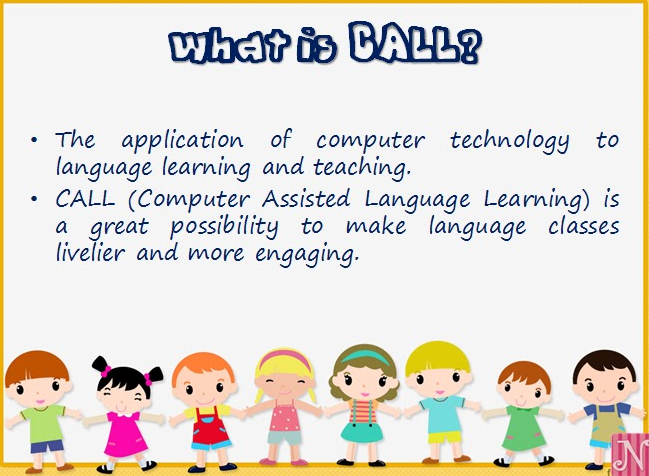Do you think Bax’s criticisms of Warschauer are valid? If so, in what way(s) does his approach deepen our understanding of the history of CALL?
I agree that the inconsistencies in naming of Warscheur’s CALL phases and chronology of those phases are distracting. Calling the second phase “Communicative” and attaching it to the period of 1980’s-1990’s (Bax 2003:16) is also confusing, especially when I would consider many aspects of my teaching today as incorporating the main ideals of CLT, “…namely the notion that learners learn in order to communicate and that they may learn to do this best through the process of communication itself” (Bax 2003: 18). Communicative CALL programs such as “paced reading, text reconstruction, and language games” (Healy & Johnson 1995b), do give students autonomy and choice, and a certain level of interaction with the computer, but perhaps are not explicitly communicative in the sense of using language for real communicative interaction.
Another criticism of Warscheur by Bax relates to the third “Integrative” phase, and the labelling of task, project and content-based approaches as ‘integrative’, rather than ‘communicative’. He argues that calling these approaches ‘post-communicative’, when they are still in use today, are “contentious to say the least, and calls for more support” (Bax 2003: 19). However, despite issues with wording, I think the desire to reach a futuristic, ideal stage, or ‘normalisation’ (Bax 2003: 23) as Bax describes it, is a useful and ambitious approach. Having a clear aim, when “CALL finally becomes invisible, serving the needs of learners and integrated into every teachers’ everyday practice” (Bax 2003: 27), and a means of achieving it, by ‘ethnographic studies’ and ‘action research’, provides a clear outline for moving on from the ‘fear/awe’ stage (Bax 2003: 25) towards normalisation.
References
Warschauer M. (1996) “Computer Assisted Language Learning: an Introduction”. In Fotos S. (ed.) Multimedia language teaching, Tokyo: Logos International: 3-20
Bax S. (2003) “CALL—past, present and future”. System 31, 1, 13-28


